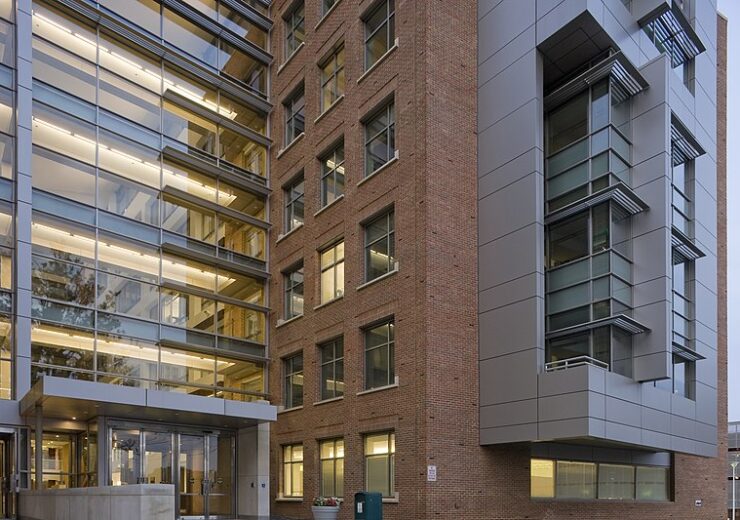The CNP analog already has FDA approval in paediatric patients with achondroplasia who are aged five years old and more and have open epiphyses

BioMarin’s sNDA for expanded approval of achondroplasia therapy VOXZOGO accepted by FDA. (Credit: The U.S. Food and Drug Administration/Wikimedia Commons)
BioMarin Pharmaceutical said that its supplemental new drug application (sNDA) to expand the use of VOXZOGO (vosoritide) for injection to treat children with achondroplasia aged below five years has been accepted by the US Food and Drug Administration (FDA).
Achondroplasia is the most common type of disproportionate short stature.
The FDA is expected to take a decision on VOXZOGO’s sNDA on 21 October 2023.
BioMarin Pharmaceutical worldwide research and development president Hank Fuchs said: “We are pleased that the FDA has accepted our sNDA and are working closely with the agency to facilitate completion of the review in a timely manner.
“There are currently no approved pharmacological treatments in the United States for children under 5 with achondroplasia and this approval could potentially extend access to all children with achondroplasia, whose growth plates are not closed.”
VOXZOGO, which is a C-type natriuretic peptide (CNP) analog, has FDA approval to be used for increasing linear growth in paediatric patients with achondroplasia who are aged five years old and more and have open epiphyses. The indication was approved under accelerated approval, which was granted on the basis of an improvement in annualised growth velocity.
Continued approval for the indication could be subject to verification and description of the CNP analog’s clinical benefit in confirmatory trial(s), said BioMarin Pharmaceutical.
The sNDA for the expanded indication is backed by the findings from a phase 2 randomised, double-blind, placebo-controlled clinical study. In the mid-stage trial, VOXZOGO showed similar safety and efficacy profiles in the less than five years age group compared to those aged five and above.
The CNP analog is also approved by the European Medical Agency (EMA) as well as by Brazilian and Australian authorities for achondroplasia in patients aged two years and older who have open growth plates. It also has approval in Japan in children who were born with achondroplasia with open growth plates.
